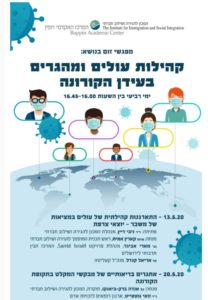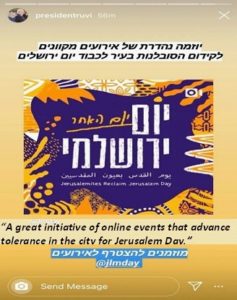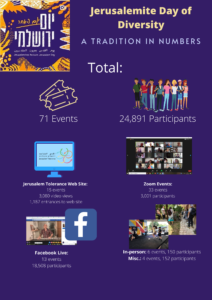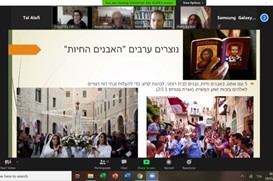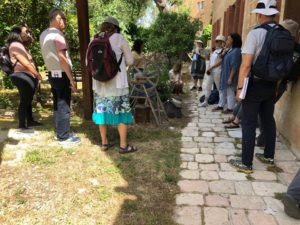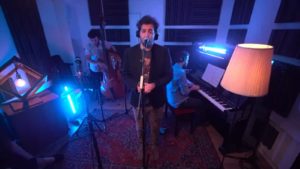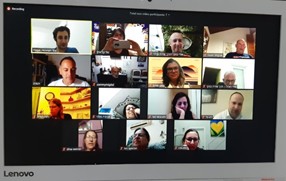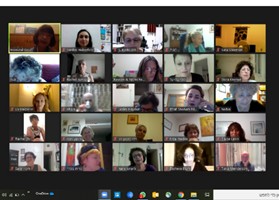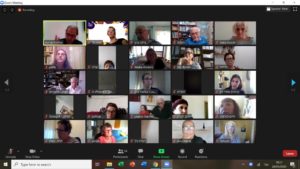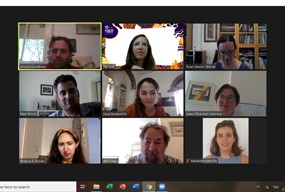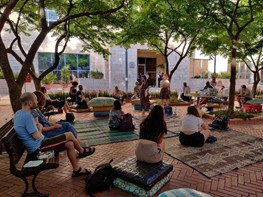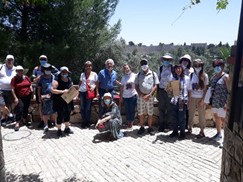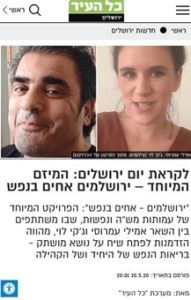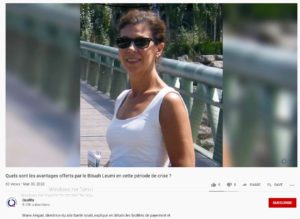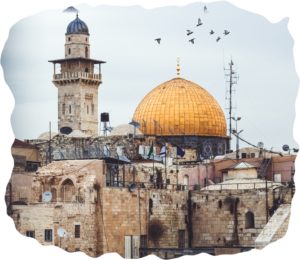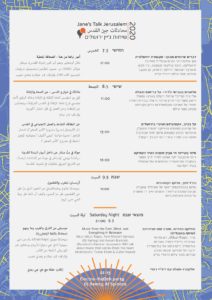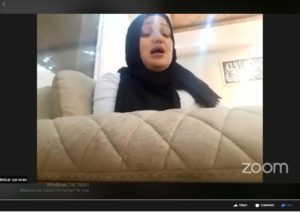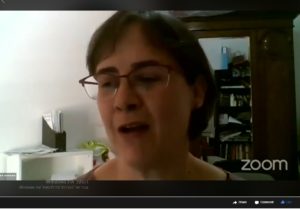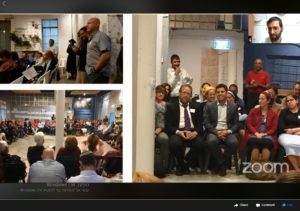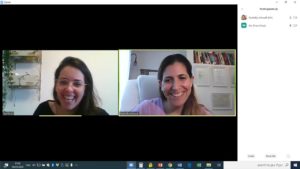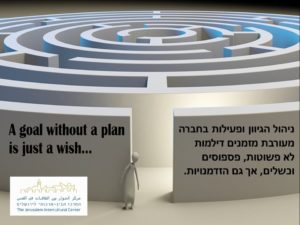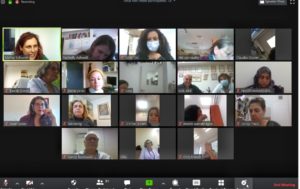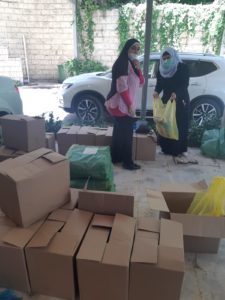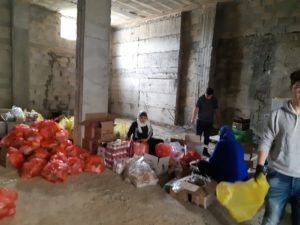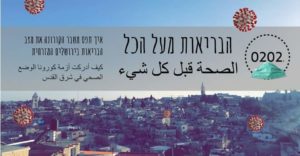Santé Israël on Olim and Migrant Communities during the Coronavirus Webinar
Santé Israël is known as a leader in caring for olim communities during the coronavirus crisis. Project Coordinator Marie Avigad was invited to speak at a Zoom webinar on Olim and Migrant Communities in the Corona Period, organized by the Institute for Immigration and Social Integration at the Ruppin Academic Center, which took place on May 13, 2020. Some 75 people attended the webinar.
She joined others from the French-speaking community in Israel, who spoke about the French-speaking community in Israel, about how they’re dealing with the coronavirus crisis here (both as patients and has medical personnel), about different initiatives launched by and for the French-speaking community.
Marie was asked specifically about problems that French-speakers encounter. She spoke about:
- Language issues and access (or lack of access) to information – regarding Ministry of Health guidelines, regarding their rights (such as if they’ve been placed on furlough)
- Coping with the Unexpected Situation: She experience two types of problems – French people with health issues who came to visit in Israel and were not able to return to France; or Israelis of French origin who were used to going back and forth to France for treatment. In both cases these people were left with an insufficient amount of medicine – what could they do? What were the local names of the medication? How could they obtain them? Or, if they needed treatment or lab test here to monitor their illnesses – what were they to do? Or, what were they to do if they’d recently made aliyah and were not yet able to register at an HMO or National Insurance Institute (NII – Bituach Leumi)?
- Other questions she’s answered included: how to get medication without leaving home: dealing with problems of violence or fear of domestic violence during quarantine …
Marie spoke about the different activities that Santé Israël has done since the beginning of the coronavirus crisis, which included (and which we’ve written about here, here, and here):
- Creating pages on the site that include translation of the Ministry of Health guidelines with regular updates, rights information, how to obtain medicines, etc.
- Regular updates on Santé Israël’s Facebook page
- Answering inquiries related to all these problems in email, Facebook, phone, and WhatsApp
- Creating a WhatsApp group of French-speaking professionals, which facilitates information sharing
Many thanks to the Pharmadom Foundation for their continued support of Santé Israël over the years.

